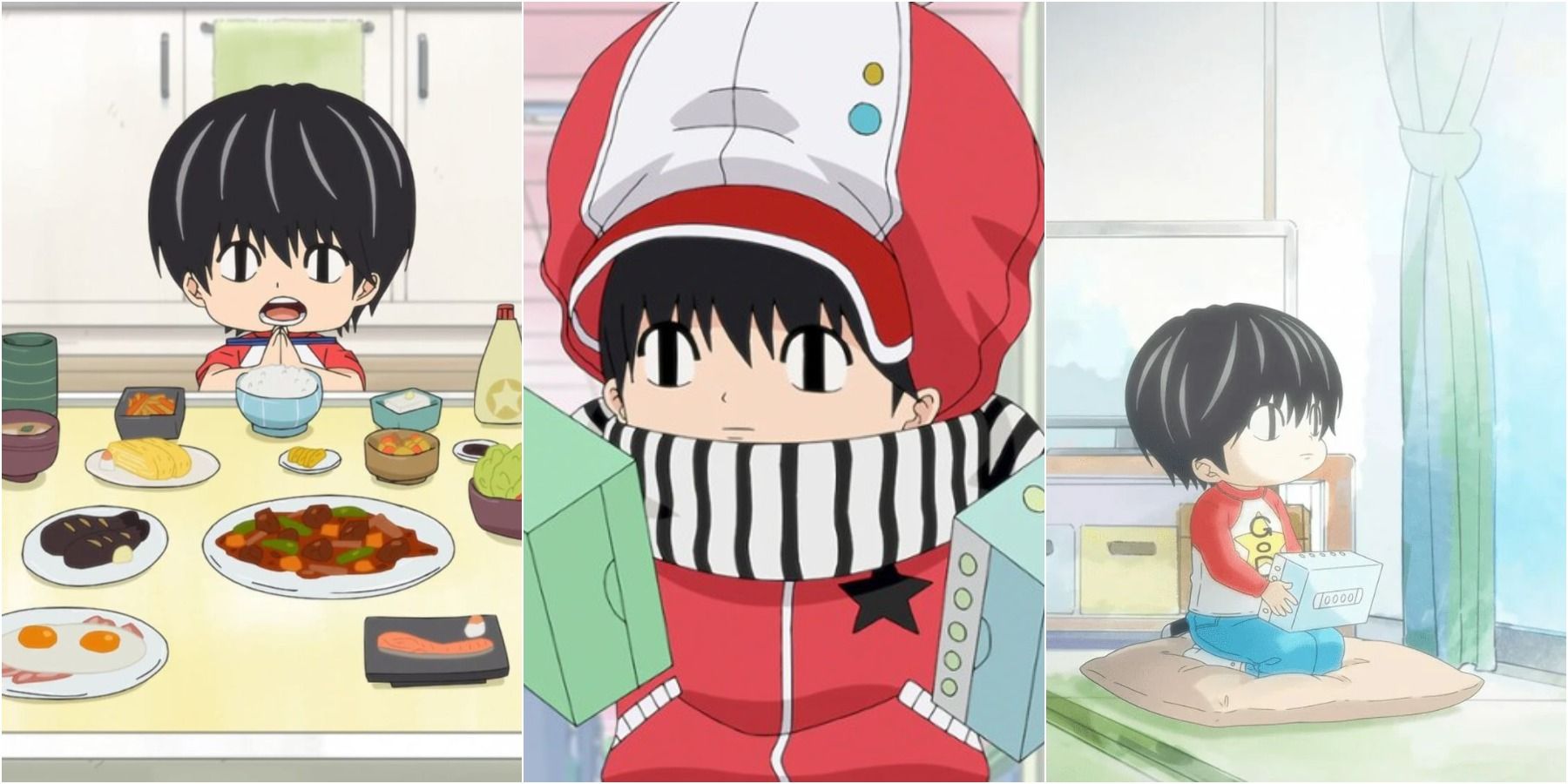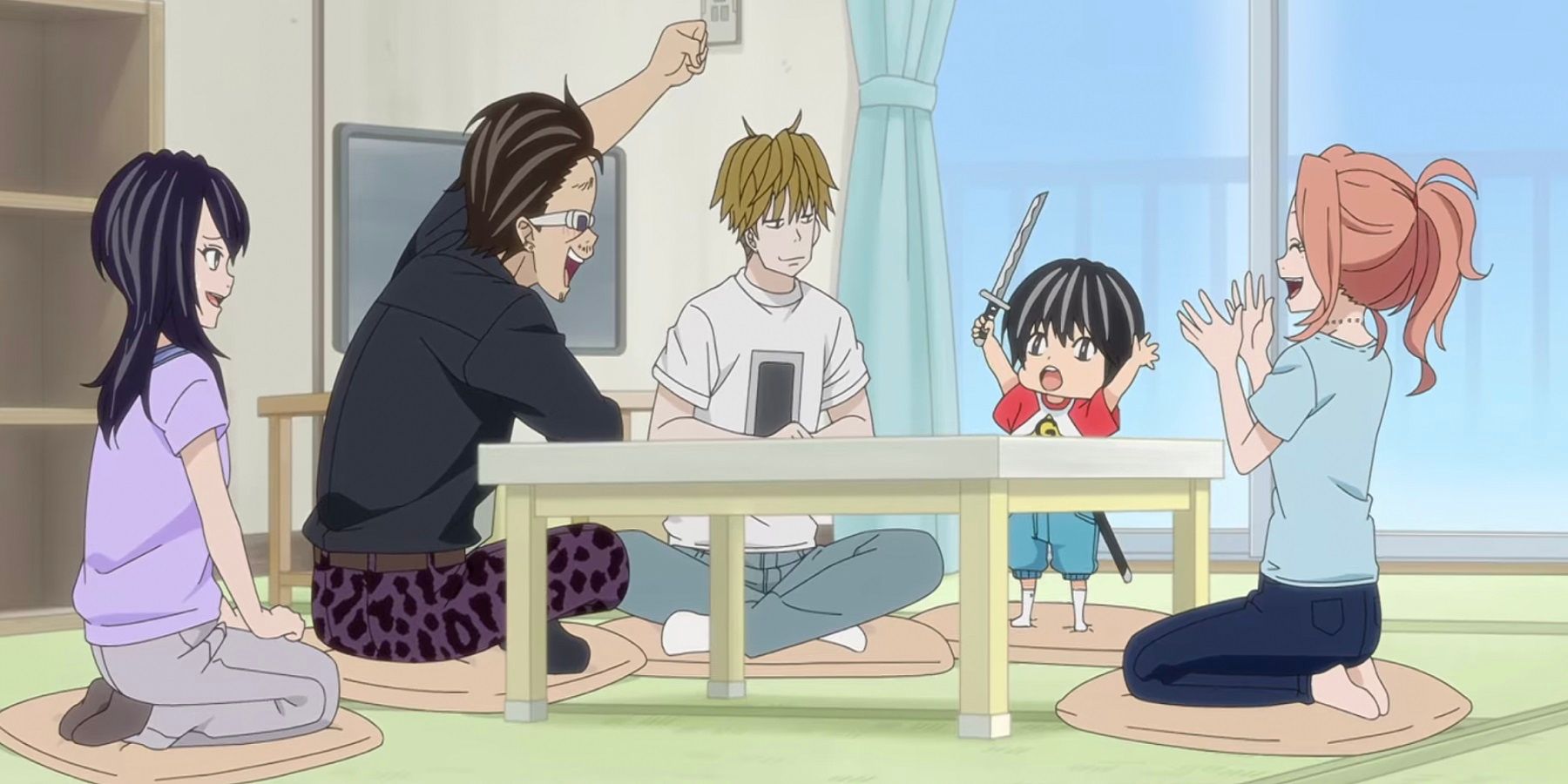The titular character from Kotaro Lives Alone might first strike the viewer as another in a long line of adorably precocious anime children, toddling around with his overly polite mannerisms and behaving more responsibly than his adult neighbors.
However, the anime soon reveals itself to be a study of abuse and neglect, showing off some of the anime's darker undertones. In fact, almost all of Kotaro's behaviors can be attributed to this.
Parentification: Adulting Gone Wrong
One of the major sources of comedy in Kotaro Lives Alone is the fact that when juxtaposed with his adult neighbors, Kotaro takes care of himself and his surroundings in a much more responsible fashion. He bathes regularly, cooks meals for himself, keeps an immaculate house, takes out the trash, and generally seems a pro at "adulting". It's sweet until you think about why.
This type of hyper-responsibility, especially in one so young, is a sign of parentification: a form of abuse where the child takes on the roles and responsibilities of the parent, usually because the parent is incapable due to alcohol or drug use, neglectful, or otherwise abusive. Children who experience this form of abuse are often described as mature for their age or old souls, when really, they simply have no choice in the matter and have had their childhood stolen from them and replaced with the chores and responsibilities of adults who simply can't or won't do these tasks.
Crushing Loneliness
In Kotaro's case, part of the reason he's so responsible is that there is no one else there to do these things. After all, he lives alone. That, in and of itself in a child so young, is defined as abusive due to the sheer loneliness and lack of care that ensues. Kotaro cooks elaborate meals to combat these feelings of solitude and talks to the dishes for company. He uses cute disguises to obtain a series of balloons that he labels as father, mother, brother, sister and ties to his waist so that he can spend a "family" day at the park. He lures a con artist into calling him all afternoon just because he kind-of sounds like Kotaro's dad, then asks the man to tell him "Good job." before hanging up for the last time. This is a child who is desperately alone, is used to it, and only as the series progresses begins to notice that this is not normal.
One of the most poignant instances of this is when Kotaro spends the day with his kindergarten buddy Takuya who is "running away". Not only does Kotaro fail to really understand what "running away" entails since being without adult supervision is his normal, but he spends the time caretaking for Takuya and reminding him that he is lucky. It is only when they return to his house at night, and Takuya is frightened by how empty it is, that Kotaro really seems to FEEL the difference.and realize that unlike his friend, there is no one to worry or care about him...until the (comic) relief appearance of his neighbor Shin Karino, frantic with worry that Kotaro has been gone from his usual haunts.
The After-Effects of Starvation
But sheer loneliness isn't the only form of abuse that Kotaro's suffered. One of the first hints is Kotaro's fascination with expensive, high quality tissue paper over cheaper or fun child-like character brands. He carefully reads the labels, and only buys the more expensive kind, saying that they are "sweeter". After a news report clues Karino in that sometimes neglected children eat tissue paper to survive, and that Kotaro is tragically reading the ingredients as nutrition labels, his neighbor tries to dissuade him from buying the pricier brand, reminding Kotaro that he has control of his food now, and doesn't need to eat tissue paper ever again.
Other habits that point to his near starvation are the fact that he regularly forages in the woods for edible greens to make the money that he gets on stipend from a "kindly benefactor" (in reality his dead mother's life insurance) go farther. At one point he meets an older boy also foraging while caring for two younger siblings literally crying from hunger. The boy, angry at being abandoned by his mother for at least a month, leaves the children in Kotaro's care for hours just so that he can get a break, and when Kotaro finds him eating a bag of chips the younger children treat it like it was manna from heaven. They quarrel but when Kotaro returns to see how they are, they're gone -- removed by child services. Unlike Kotaro's neighbors, the neighbors of these children just gossiped about them. Kotaro can, however, help his pal Takuya, who he teaches how to catch and cook crawfish after becoming concerned that Takuya seems unable to survive without a lot of help from other people. What would he do if he were left alone, like Kotaro? Another quietly heartbreaking episode about hunger begins with the contrary realization by Kotaro's neighbors that he's gained a lot of weight. The reason? There's a new food program at school and all the other children give him their leftovers. He eats, despite not really wanting to, because he can't seem to let food go to waste.
The Psychological Legacy of Neglect
But again, abandonment and hunger aren't Kotaro's only issues. There's also the emotional abuse by his mother, although Kotaro doesn't recognize it as such. Kotaro allows himself to get hit repeatedly in the face while learning to play dodgeball rather than fail to return or respond to an "overture" from one of his nascent friends...because he remembers that his mother never responded to any of his overtures and how painful that was. In fact, it's revealed that she touched him only while wearing gloves. He clings to the cartoon Tonosaman because there was a time when it was the only thing he could look to for advice on how to deal with the world, although he claims to be too old for that now. He is utterly frantic when he misses a bath for a day because at one point he was left so dirty it evoked comment from other people. This is also related to how he acquires a set of shirts from a designer he knew in the past who noticed that Kotaro would come to his door in filthy and torn clothes. His cute and mature habits of cleanliness, the sweetly funny way he uses the language of a feudal lord, essentially most of Kotaro's behaviors are rooted in abuse and neglect.
Physical Abuse and Self-Blame
But the worst is, of course, the physical abuse implied in his relationship with his dad.Kotaro is in hiding from his dad, an abusive alcoholic who chased him out of his group home just prior to Kotaro moving into the apartment complex alone. He was tracked down via a photo, and this is why Kotaro runs away or covers his face or jumps up and down to destroy any image taken of him, even though he regrets not having any photos of rare good times.
When neighbor and nightclub hostess Mizuki Akitomo tries to cover a bruise given to her by a violent former boyfriend, Kotaro recognizes immediately that she's been beaten and insists that moving away is the only way to end the violence.
Here, the story fails its audience while remaining true to the psychology of the character. Kotaro finally succeeds in guilting Mizuki into leaving by saying that he left because he didn't want to be responsible for turning someone (his father) into a bad guy. This of course places responsibility for the assault on the victim, as if their very presence converts normally good people into abusive demons like werewolves changing under the moon. This belief is FALSE of course, and terrible to hear replicated in an anime, but it is very common among people who have been abused, and even those just hearing about it. If she hadn't led him on...if he didn't smart off...if they weren't somehow there clearly this person would have been an angel. It is a false, very prevalent, and very dangerous belief.
In any other hands, and under any other treatment, this would be a harrowing tale of abuse and neglect, rather than falling under the label of a slice-of-life comedy. As it is, the series gently introduces the idea of the various ways that children can be abused, as well as its prevalence in society at large. In showing Kotaro in his larger environment and placing his experience with familial abuse in the larger context of his interactions with the outside world, Kotaro Lives Alone invites the viewer to consider their own circumstances and that of the people in their lives and gives them the opportunity to recognize abuse in its many forms.
Source: ParentingforBrain, SandstonesBlog

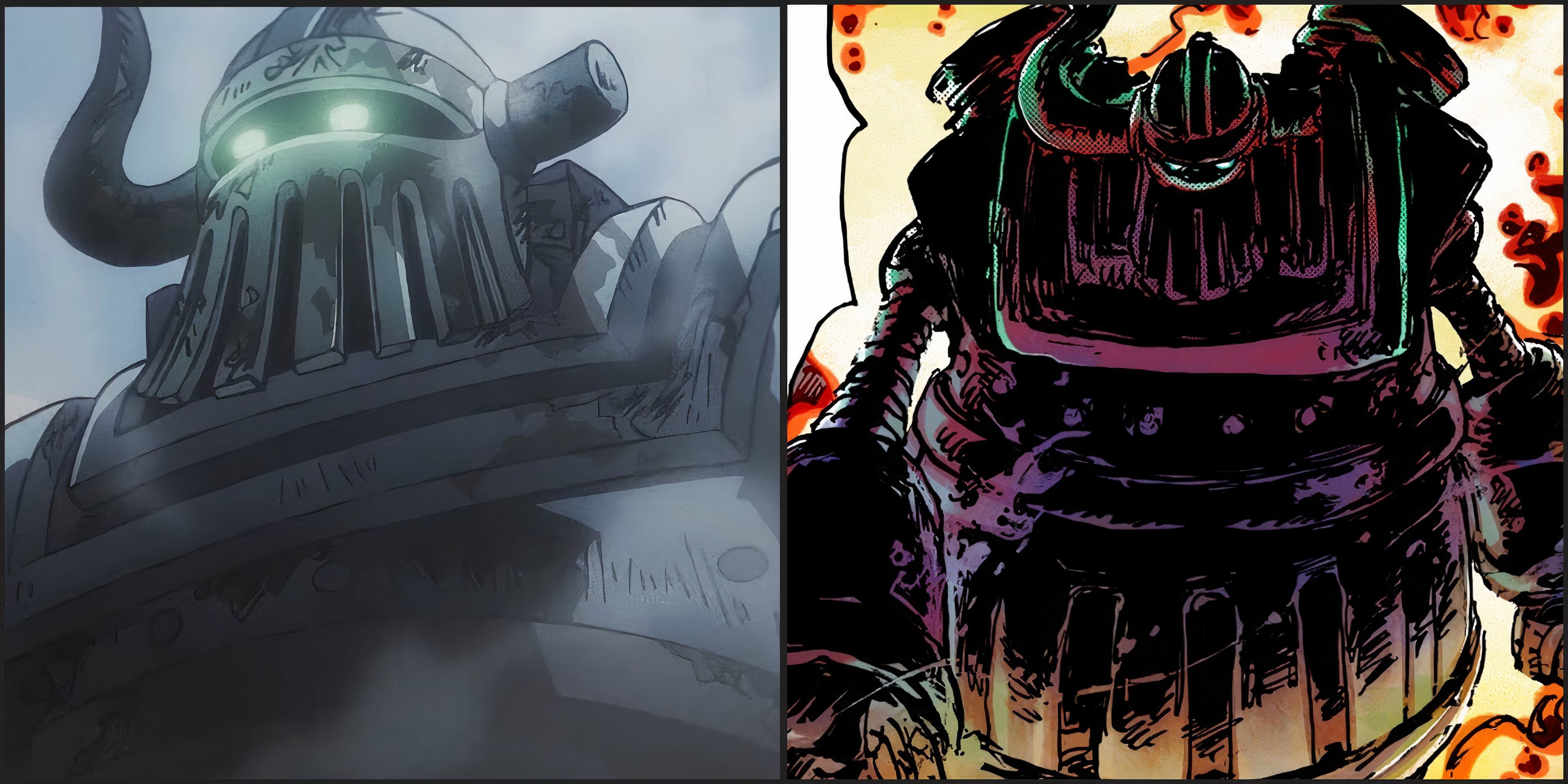
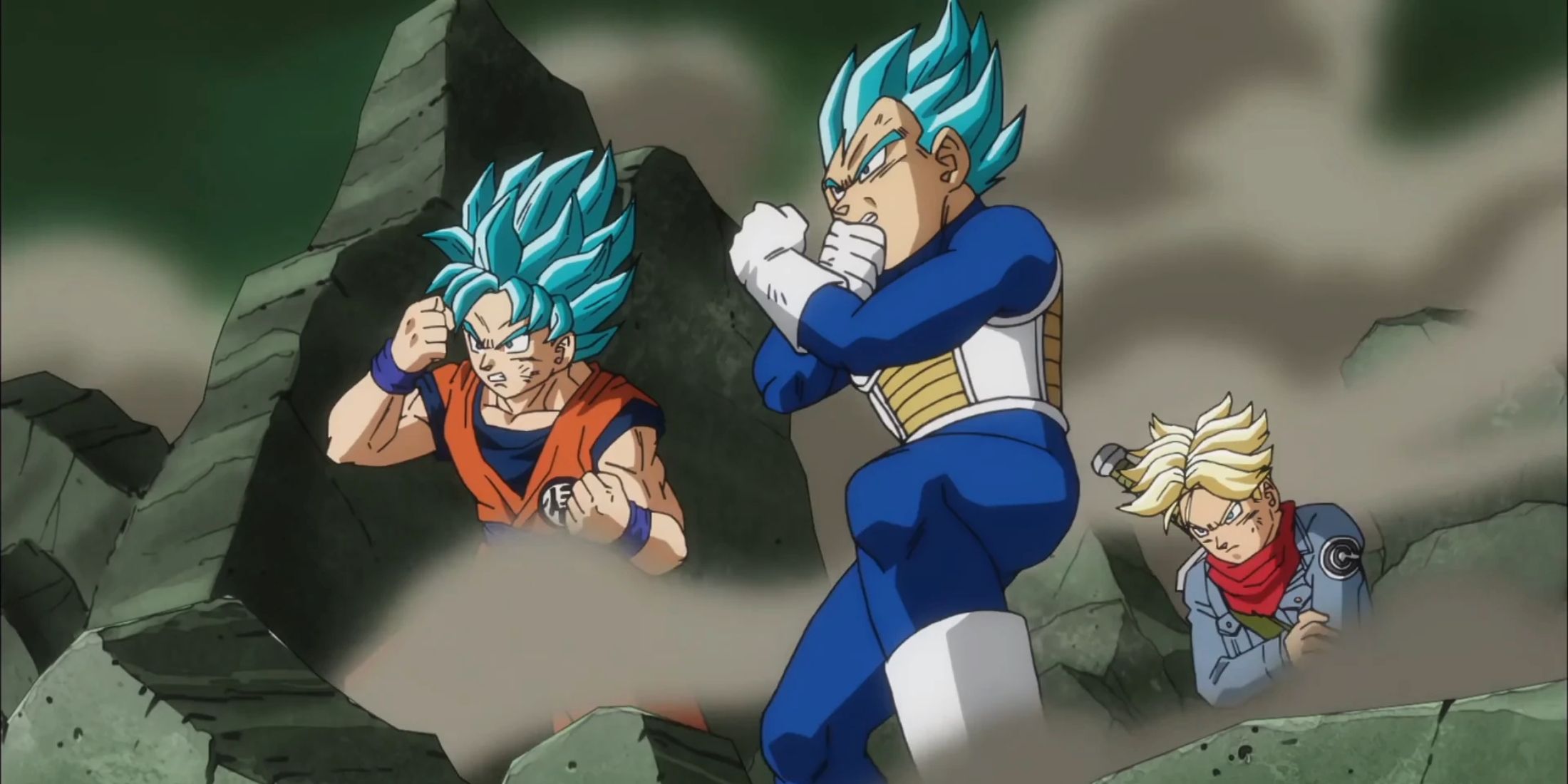
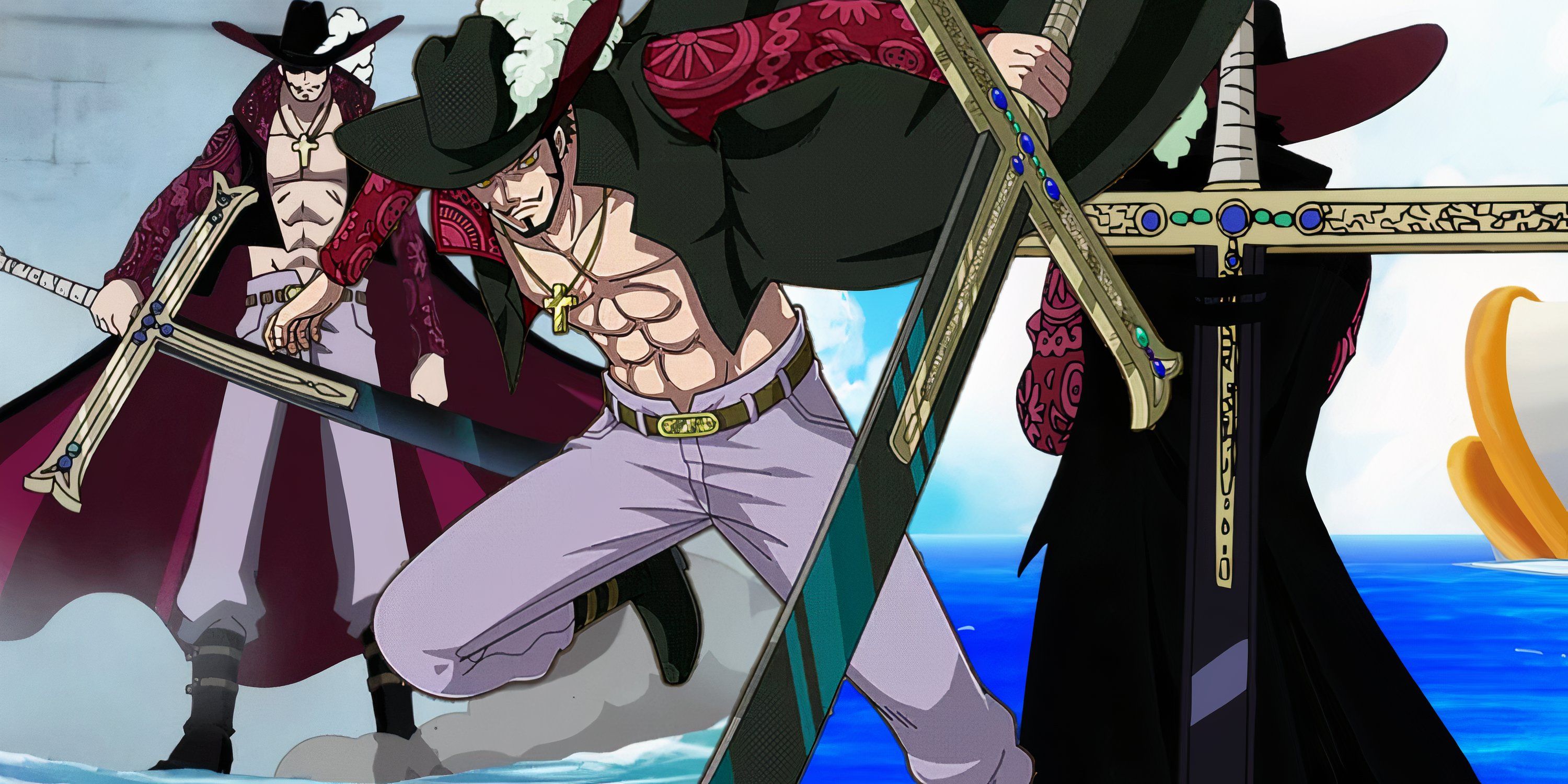
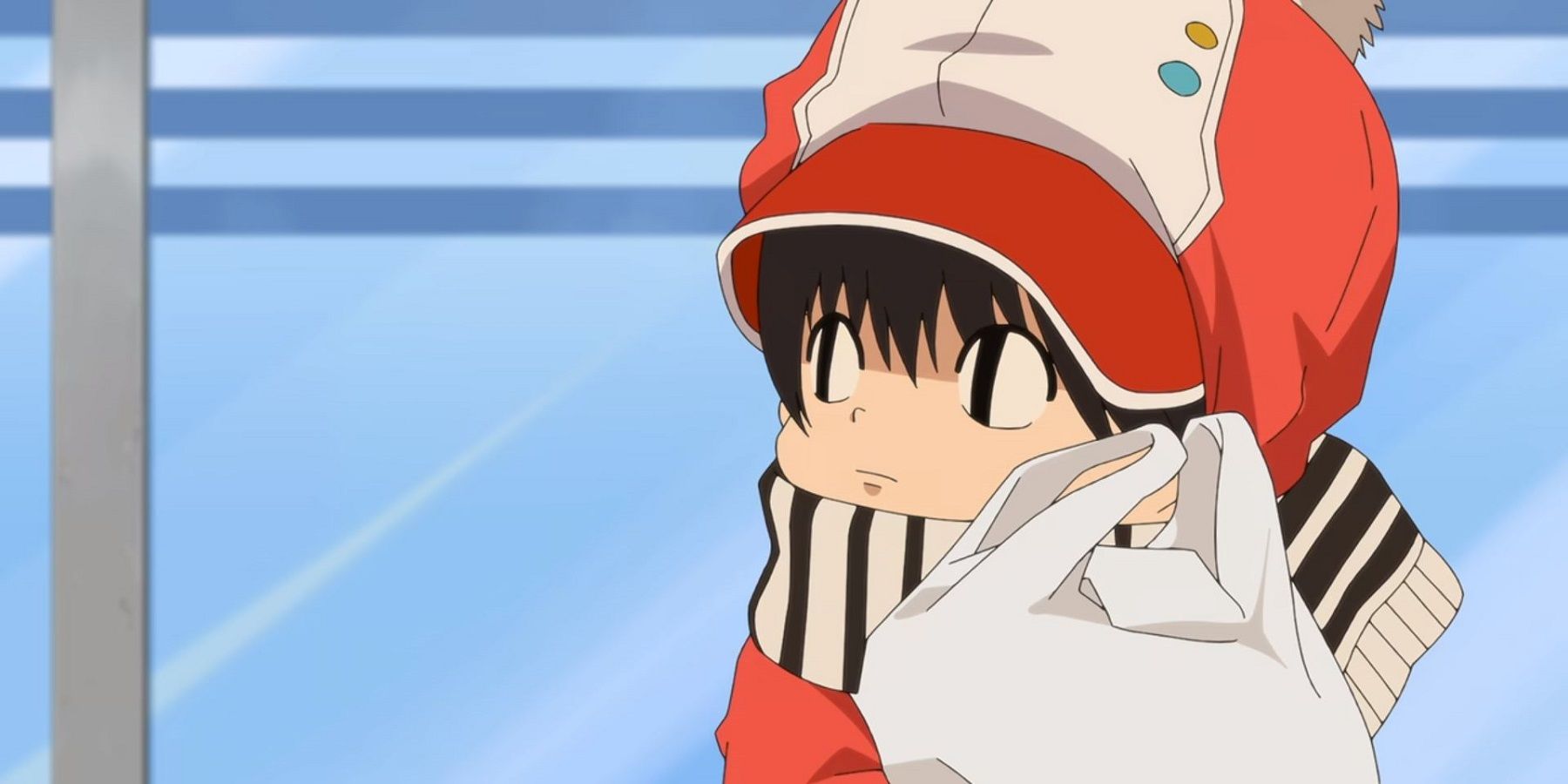
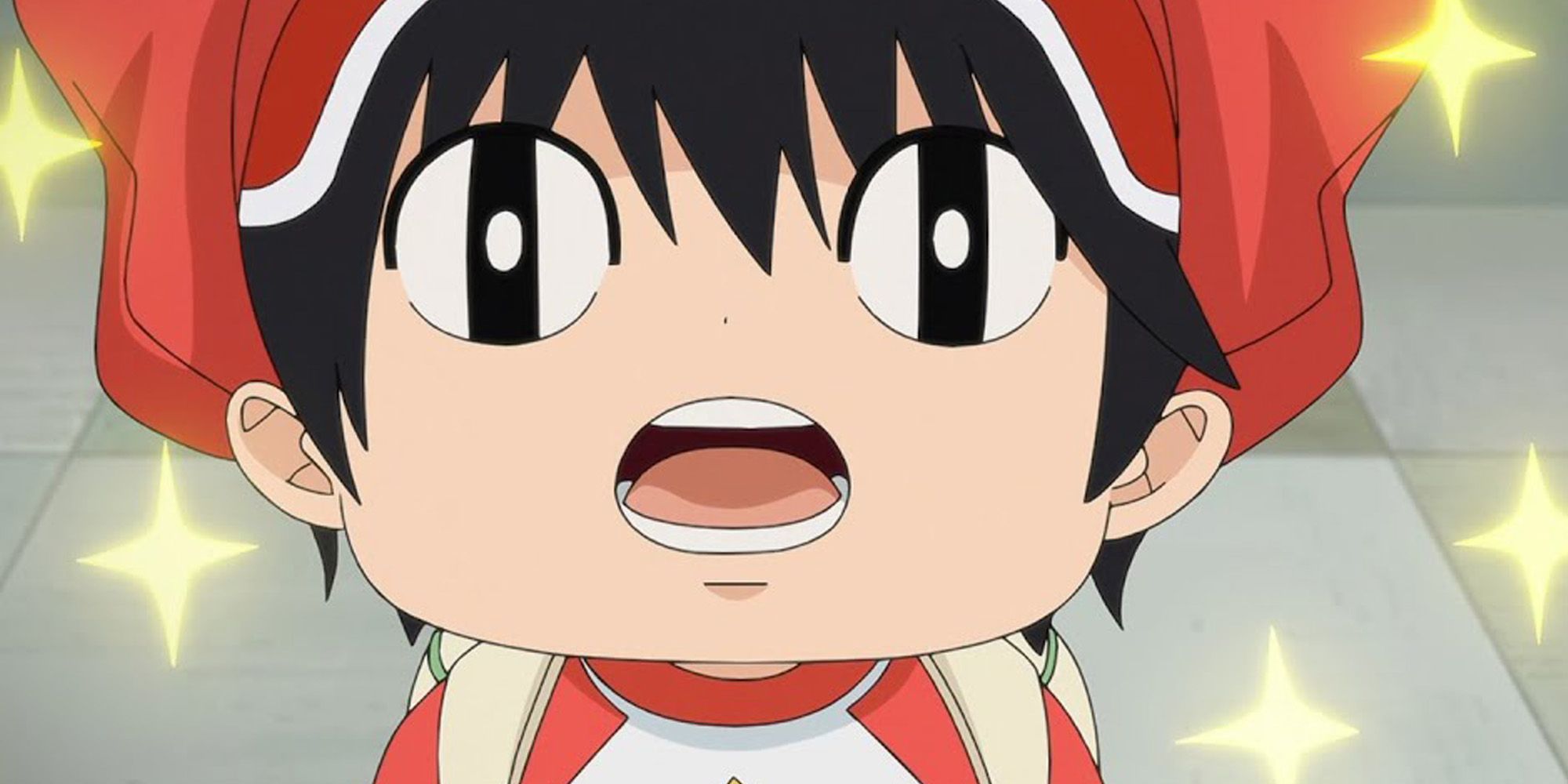
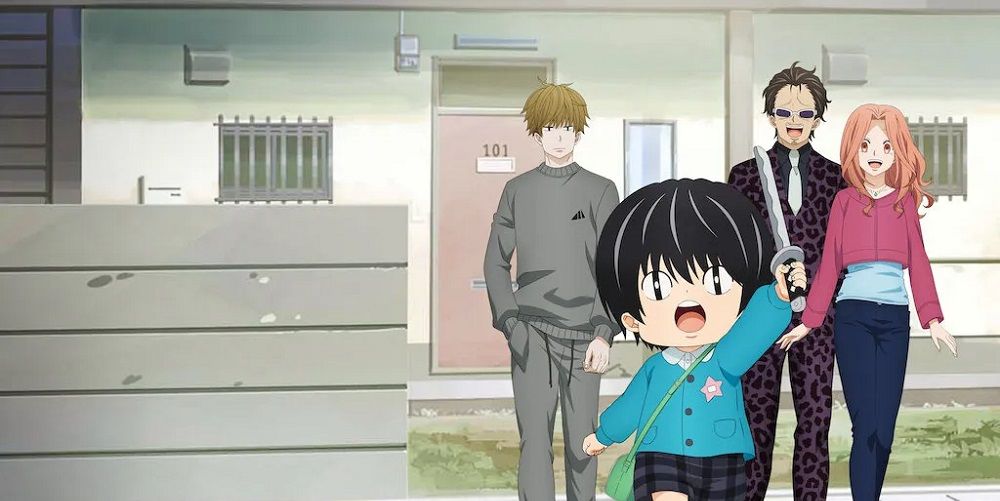
.jpg)
